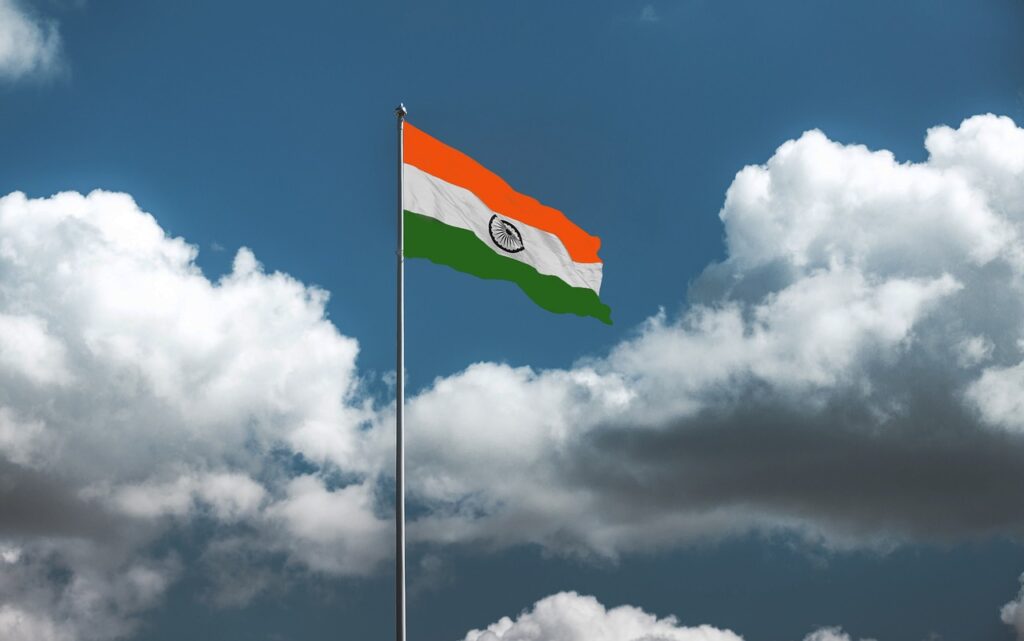India National Elections 2024: A Crucial Turning Point in Indian Politics

As the world’s largest democracy, India’s national elections are always closely watched, both domestically and internationally. The 2024 elections marked another pivotal moment in the nation’s political landscape, with significant implications for its future direction. From the emergence of new political narratives to the impact of technological advancements on campaigning, the elections 2024 showcased the evolving dynamics of Indian democracy.
Campaigning in the Digital Age
One of the defining features of the 2024 elections was the unprecedented use of digital platforms for campaigning. Political parties leveraged social media, data analytics, and targeted advertising to reach voters like never before. This shift towards digital campaigning not only expanded the reach of political messages but also raised concerns about the spread of misinformation and the influence of money in politics. As technology continues to play a central role in Indian elections, questions about regulatory oversight and digital literacy have come to the forefront.
Key Issues and Voter Sentiments
The 2024 elections were fought on a diverse range of issues, reflecting the complex socio-economic landscape of India. From unemployment and economic growth to national security and social justice, political parties offered competing visions for the country’s future. Regional dynamics also played a significant role, with parties tailoring their campaigns to address local concerns and identities. At the heart of the electoral contest were questions about governance, development, and the inclusivity of India’s growth story. The outcome of the elections would shape policies and priorities for years to come, influencing the lives of millions of Indians.
Rise of Regional Players
While national parties continued to dominate the political landscape, the 2024 elections witnessed the rise of regional players as key power brokers. Regional parties, with their deep-rooted connections to local communities, emerged as kingmakers in several states. Their ability to swing alliances and dictate terms highlighted the importance of regional politics in shaping national outcomes. As coalitions became increasingly common, the dynamics of power-sharing and governance underwent a significant transformation. The 2024 elections underscored the decentralized nature of Indian democracy, where regional aspirations often intersect with national imperatives.
Youth and Voter Engagement
A notable feature of the 2024 elections was the active participation of young voters, who constituted a significant portion of the electorate. With their concerns about education, employment, and the environment, young Indians played a decisive role in shaping the electoral discourse. Political parties, cognizant of the youth vote bank, made concerted efforts to engage with this demographic through social media campaigns, youth-centric policies, and outreach programs. The 2024 elections highlighted the growing political awareness and agency of India’s youth, signaling a generational shift in Indian politics.
Conclusion
The 2024 national elections in India were more than just a contest for political power; they represented a reflection of the country’s aspirations, challenges, and evolving democratic ethos. From the adoption of digital campaigning to the prominence of regional players and the active participation of young voters, the elections showcased the vibrancy and complexity of Indian democracy. As the elected government takes charge, the onus lies on political leaders to address the diverse needs of the Indian populace and chart a path towards inclusive and sustainable development. The 2024 elections may be over, but their impact will reverberate across the political landscape of India for years to come.






